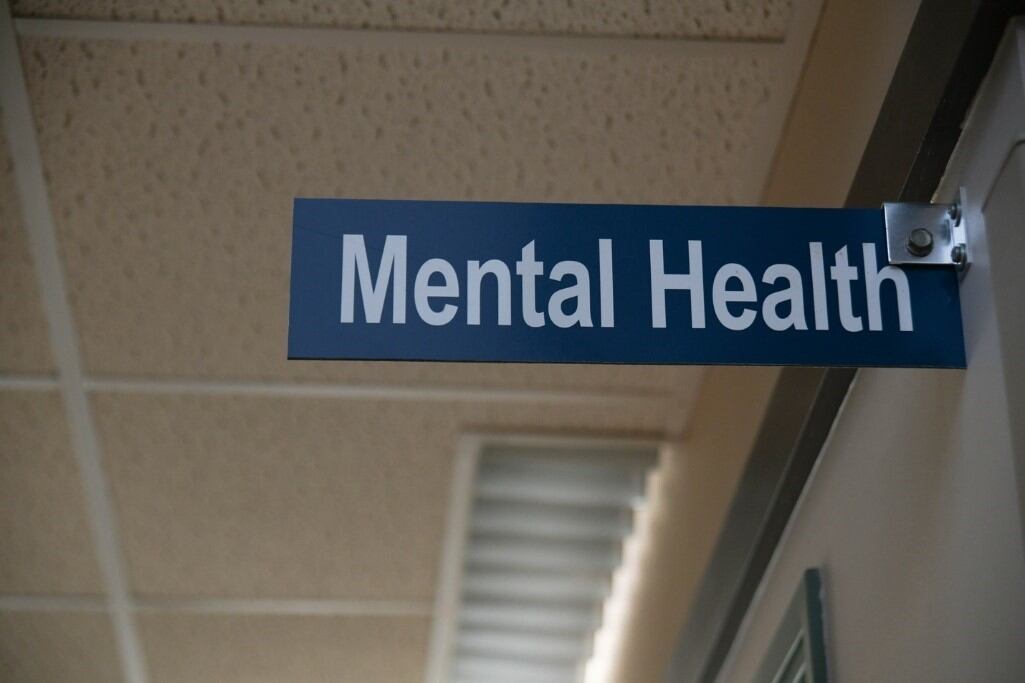As the military and veteran community continues important work to break the stigma surrounding mental health treatment, a major barrier for many who seek such treatment has gone largely ignored.
Military retirees and their family members — along with family members of those still in uniform — may require mental health care for a wide range of reasons. Some may be service connected issues. Some may be brought about by the stress of a loved one’s deployment or from the long-term caregiving requirements shouldered by the family members of our nation’s wounded warriors. Even more may stem from a pandemic-related spike in mental health issues reaching far beyond the military.
Whatever the root cause, regular visits to a mental health care provider may provide a road to recovery. But for many in this community, those visits don’t come cheap.
Copayments for mental health care visits more than doubled for TRICARE users from 2017 to 2018. Some retirees on the TRICARE Select plan must pay $50 out of pocket for each visit — more than double the standard rate of many private sector plans and an increase from a $20 copay on the TRICARE plan just five years ago. On average, federal employee health plans still charge just $20 for such visits.
Before blaming this increase on inflation or other, wider economic factors, consider the Military Health System reforms passed by Congress as part of the FY 2017 National Defense Authorization Act. While the law does not address mental health care specifically, TRICARE officials implementing proposed reforms classified such treatment as “specialty care” — that means a military family now pays the same amount out of pocket for a 45-minute counseling session as they would for neurosurgical consult.
This practice is out of step with commercial health care plans, and it serves to discourage members of military families from seeking the care they might need as they weigh multiple, costly sessions against other pressing financial needs. As families suffer through short-notice deployments and frequent moves, and as military retirees begin finding their way forward after service, they should not be forced to make such a choice.
Fortunately, there is a solution: The Stop Copay Overpay Act would cap out-of-pocket costs for TRICARE beneficiaries seeking mental health care at the level of a primary care copay charge. It would do so without reducing the overall reimbursement to the provider, meaning these providers would be less likely to drop TRICARE patients as they face increased demand for their services.
The Military Officers Association of America, or MOAA, has highlighted this issue as part of its annual advocacy campaign. Please join MOAA’s 350,000 members in asking our lawmakers to pass the Stop Copay Overpay Act and easing the path to much needed mental health support for military family members and retirees.
Karen Ruedisueli is Director of Government Relations for Health Affairs for the Military Officers Association of America
Have an opinion?
This article is an Op-Ed and as such, the opinions expressed are those of the authors. If you would like to respond, or have an editorial of your own you would like to submit, please email Military Times Senior Managing Editor Kent Miller.
Want more perspectives like this sent straight to you? Subscribe to get our Commentary & Opinion newsletter once a week.





